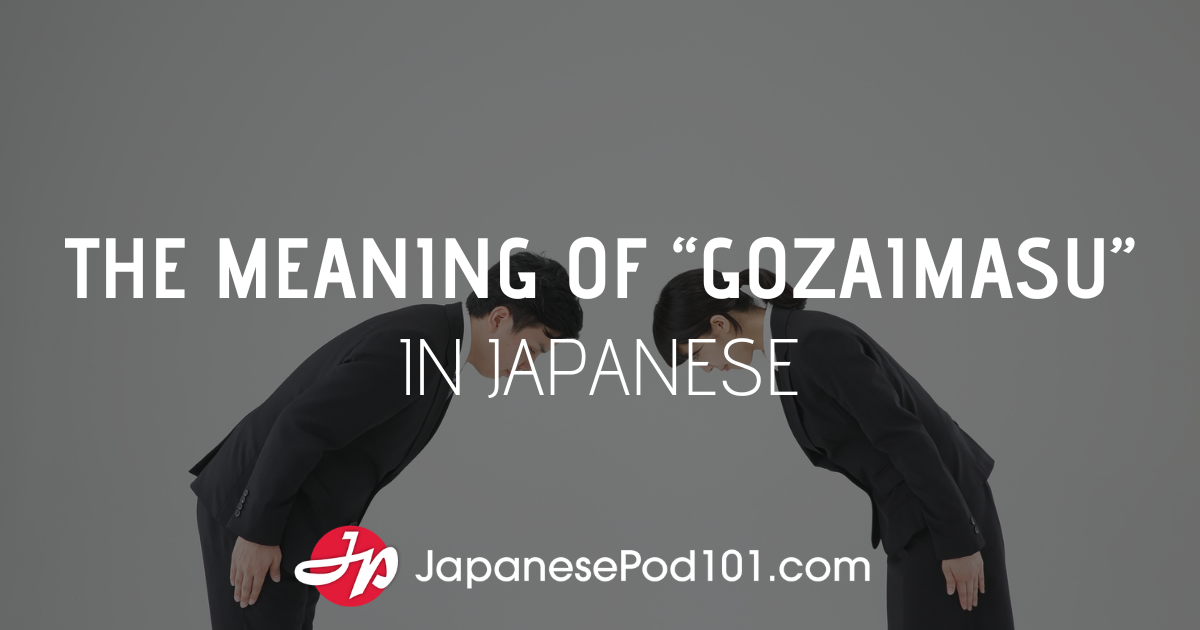| Quick Links Welcome to Kanji Curiosity | The Basics | Glossary |
In the last blog, we saw how -中 is a powerhouse of a suffix. For instance, adding -中 to 日本 (Nihon: Japan) gives us 日本中 (Nihonjū: all over Japan, throughout Japan). What emphasis -中 throws on a compound! With that in mind, here’s a quick quiz. What does 訪中 (hōchū) mean? One hint: 訪 (HŌ, tazu(neru)) means “to visit.”
Take some time to think…. Can you hear the Jeopardy music in the background?
OK, time’s up. It’s certainly tempting to interpret 訪中 as “throughout a visit.” But no, 訪中 produces a kanji gotcha! In this case, 中 means “China,” so 訪中 is a “visit to China”!
This raises a new question: Whenever 中 appears in a compound, does the character refer to China or not? Instinct can lead you astray in such matters; wild guesses prove to be just as accurate. Try your luck with some 中 compounds in the first Verbal Logic Quiz and see how it goes!
|
Verbal Logic Quiz 1: Below you’ll find four pairs of inverted compounds. Because these pairs have identical ingredients, you might assume that they share meanings. But you’ve entered the crazy world of kanji, so you’ll need to dispense with anything like logic! Match the compounds with their meanings. Each lettered possibility matches a numbered compound … but which one? Some compounds have multiple definitions. To be efficient, I’ve defined the characters just once:
1. 中国 (chūgoku) 3. 中米 (chūbei) 5. 中華 (chūka) 7. 中日 (chūnichi, nakabi) |
For another devilishly hard quiz related to place names, click the next link.
Inversions Galore
Inversion-illogic needn’t be China-specific, of course. Here are four more inverted pairs of 中 compounds. This time, I’ll take it easy on you and say what they mean!
中火 (chūbi: medium heat in cooking) medium + fire
火中 (kachū: in the fire) fire + in
The compound 火中 most commonly appears in the expression 火中の栗を拾う (kachū no kuri o hirou, fire + in + chestnut + to pick up). This literally translates as “to pick up a chestnut from the fire” and means “to do something very risky,” because a heated chestnut could explode at any moment.
中途 (chūto: midway, halfway) middle + route
途中 (tochū: on the way, en route) route + middle
The second compound plays a part in the expression 途中下車 (tochū gesha: layover, stopover), in which 下車 means “to get off a train, bus, etc.” and breaks down as to descend + car.
老中 (rōjū: member of the shogun’s council of elders) old + middle
中老 (chūrō: middle age—about 65–70) middle + old age
The second compound reminds me of the movie Postcards from the Edge. When the Shirley MacLaine character vainly persists in calling herself middle-aged, her daughter (played by Meryl Streep) snaps, “Mother, how many 120-year-olds do you know?”
卒中 (sotchū: cerebral stroke) sudden, to end, to die + middle
中卒 (chūsotsu: junior-high-school graduate) middle + graduate
Graduation from junior high and a cerebral stroke typically happen at opposite ends of the life cycle, so it’s fascinating and disturbing that they both involve 卒. But each event suggests “coming to an end,” so perhaps they are indeed comparable. In English, “to graduate” can mean “to change gradually,” so these intertwined ideas exist in English, too (though a cerebral stroke is more like a sudden onslaught than a gradual transformation).
Not Finishing What You Start
Speaking of school, 中 also figures into a word conveying the opposite of graduation:
中退 (chūtai: leaving school before graduating)
middle + to retire
In fact, 中 can have a downright flaky feeling to it:
中止 (chūshi: suspension, discontinuance)
in the middle + to stopDespite its breakdown, 中止 doesn’t just mean “stopping in the middle.” It can also refer to canceling a scheduled event before it has even begun!
中座 (chūza: leaving before an event (e.g., a meeting) is over)
in the middle + gathering
Inverting 中座 produces another viable word:
座中 (zachū: in the room, gathering, theatrical troupe)
gathering + in the middle
If one is “in the room,” that’s quite the opposite of flaking out on an event and leaving.
Back to the theme of not finishing what one starts, I want to share more aspects of 中, but I’m going to put that off till next week! For now, here’s your final Verbal Logic Quiz of the day.









